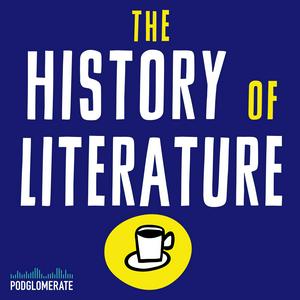As fans of the novel know, Frankenstein began with a flash of insight during an ill-fated holiday near Geneva in the summer of 1816, when the young woman then known as Mary Godwin contributed the modern-day Promethean tale to the ghost stories being shared by married lover Percy Shelley and their friends Lord Byron and John Polidori. A few months later, the nineteen-year-old Mary (who would eventually become Mary Shelley) arrived in Bath, hiding from London's gossipmongers and determined to work on her burgeoning novel. The next four months proved to be an incredible mix of chaos and creation for Mary and the people closest to her. In this episode, Jacke talks to poet and biographer Fiona Sampson (In Search of Mary Shelley: The Girl who Wrote Frankenstein) about the new book Mary Shelley in Bath, which documents the short yet influential time that Mary Shelley spent in the historic literary city. PLUS D.G. Rampton, Australia's Queen of the Regency Romance, stops by to discuss her choice for the last book she will ever read.
Join Jacke on a trip through literary England! Join Jacke and fellow literature fans on an eight-day journey through literary England in partnership with John Shors Travel in May 2026! Scheduled stops include The Charles Dickens Museum, Dr. Johnson's house, Jane Austen's Bath, Tolkien's Oxford, Shakespeare's Globe Theater, and more. Learn more by emailing
[email protected] or
[email protected], or by contacting us through our website historyofliterature.com. Act now - sign-up closes March 1!
The music in this episode is by Gabriel Ruiz-Bernal. Learn more at gabrielruizbernal.com.
Help support the show at patreon.com/literature or historyofliterature.com/donate . The History of Literature Podcast is a member of Lit Hub Radio and the Podglomerate Network. Learn more at thepodglomerate.com/historyofliterature.
Learn more about your ad choices. Visit megaphone.fm/adchoices


